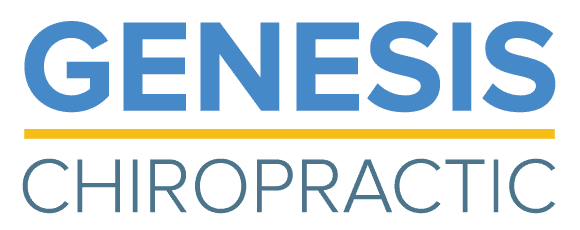Why Your Back Muscles Need Some Sleep to Recover
Sleep serves several vital functions in the human body; ranging from aiding, mental alertness and facilitating muscle growth among others. Moreover, it happens to be one of the simplest and easiest ways to help your back muscles recover.
Your back muscles may hurt because you had a bad sitting posture, carried a heavy load, strained in the gym or you are sick. Statistics show that about 31 million Americans experience low back pain at any given time. However, most of the time, the pain comes from uncomplicated back pains. There are several treatments for back muscles, but enough sleep and rest has proven to be a one of the most important solutions. Here’s why your back muscles need sleep to recover:
Sleep Facilitates Blood Flow to the Hurt Back Muscles
When you fall into a deep sleep, blood flow to your muscles increases, thereby carrying along with nutrients and oxygen, which helps recover and repair your back muscles. While asleep, about 40% of the usual blood flow to the brain is sent to the muscles to help restore energy, resulting in healing/recovery.
Sleep Stimulates Growth Hormones
Hormones play a significant role in repairing muscles. When you are in a deep sleep, the pituitary gland releases growth hormones, which stimulates the repair and growth of tissues while assisting in cell reproduction, regeneration, and regulation of your body’s metabolism to help your back muscles in recovering as you sleep.
However, this gland can only secrete growth hormones when your body is in deep sleep or rest. Additionally, during sleep, the body releases prolactin, the hormone with anti-inflammatory properties to help arching joints recover. Therefore, sleep goes a long way in helping back muscle recovery.
Sleep Relieves Pain from Your Back Muscles
It is always close to impossible to sleep when feeling any pain. Back muscle pain is not an exemption, however in the event, someone with back injury gets to sleep in the right position and posture, he/she is likely to feel relieved of the pain. The sleeping posture has to be right to attain positive results. To sleep in the correct position, get yourself the right mattress to ensure you are comfortable and safe.
Sleep Prevents Further Injury
If you have an injury on your back muscle, for example, one caused by lifting heavy weight or awkward movements, the best medicine is sleep. When you have plenty of rest and sleep, you not only rest your body but also prevent the injured back muscle from further injuries. This works efficiently if the patient has enough rest in bed. Sleeping accelerates healing of the back muscle.
Sleep Lowers Energy Consumption in the Body
When one is sleeping, the body and brain are at rest. During this time, the body does not carry out a lot of functions resulting in low consumption of energy. As a result, more energy may be used to reinstate bones and muscles through an increase in the production of growth hormones, and blood flow to the back muscles.
Conclusion
Missing one-night sleep is not bad, but missing sleep for a series of nights is a different thing altogether. It comes with negative impacts on your ability to recuperate from injury, especially back muscle injury. The amount of sleep varies for everyone; however, most adults aim at 7-9 hours of sleep per night. Not getting enough sleep when you are experiencing back muscle pains makes you more sensitive to the pain, and it may even worsen your condition. Sleep is the easiest and cheapest way to help your hurting back muscle recover.
If you need more information about corrective care, feel free to contact us here.
